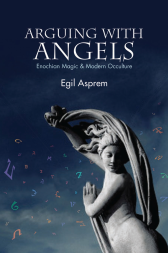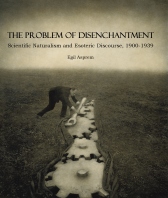
Game of Thrones addict? No new series yet, but you can read about its representation of paganism in the latest Correspondences.
Those who follow esotericism scholarship online will already know that Correspondences Vol. 2.2 has now been published, and is available for download at the journal’s website. It’s a healthy third issue from the young journal, with three research articles on topics ranging from representations of European paganism in the popular TV shows Game of Thrones and Vikings (Robert A. Saunders), to the question of how modern “modern ritual magic” really is (Christopher Plaisance), to a look at esoteric ideas forged in the context of Fascist Italy (Roberto Bacci). This selection makes it the most distinctly “modern and contemporary” issue to date – although there is certainly stuff in there for those interested in the broad historical lines as well, especially in Plaisance’s article on the continuities in European magical ritual practice.
Besides, there are five substantial book reviews this time, on some important recent volumes that span topics from Gnosticism and Theurgy to Aleister Crowley, Anthroposophy, and modern Satanism. For a couple of these books, this may even be their first published review.







